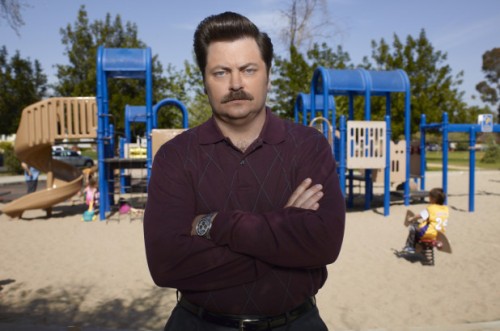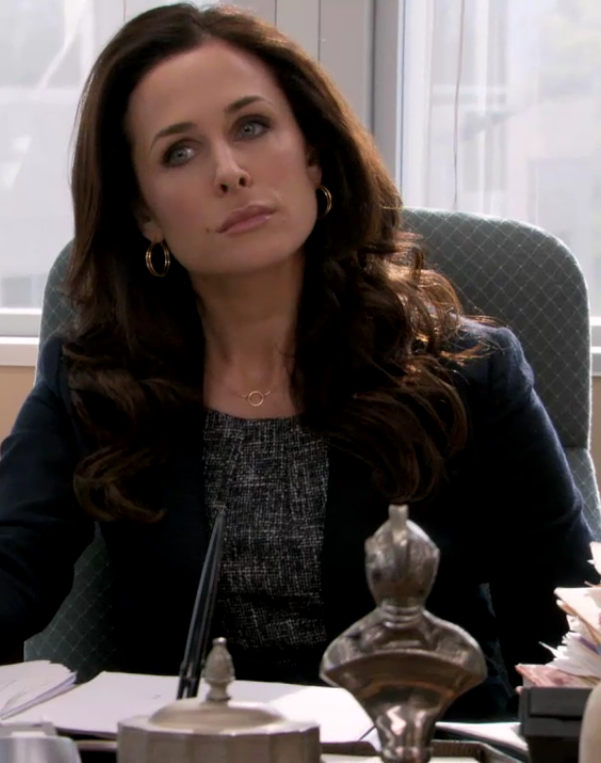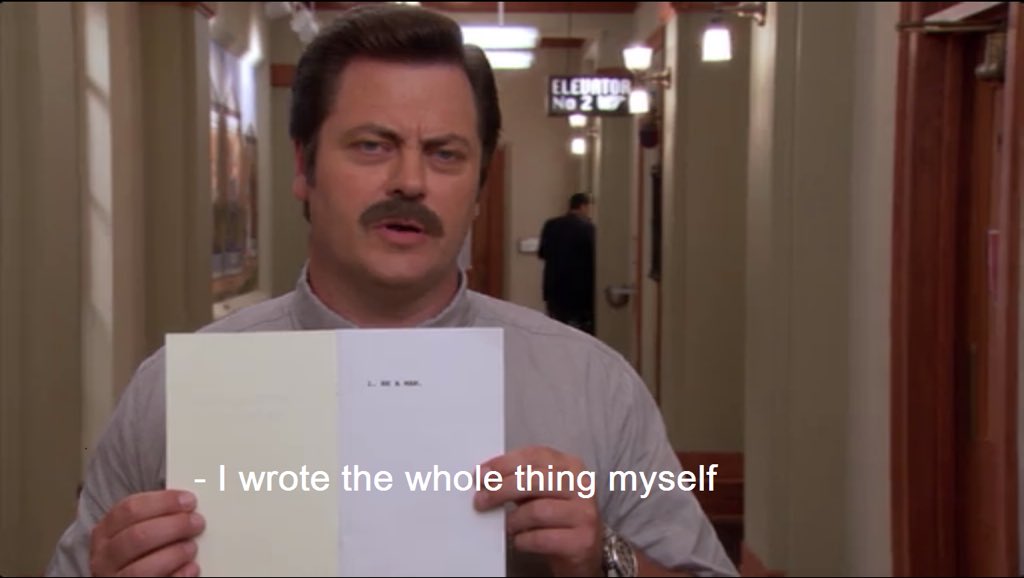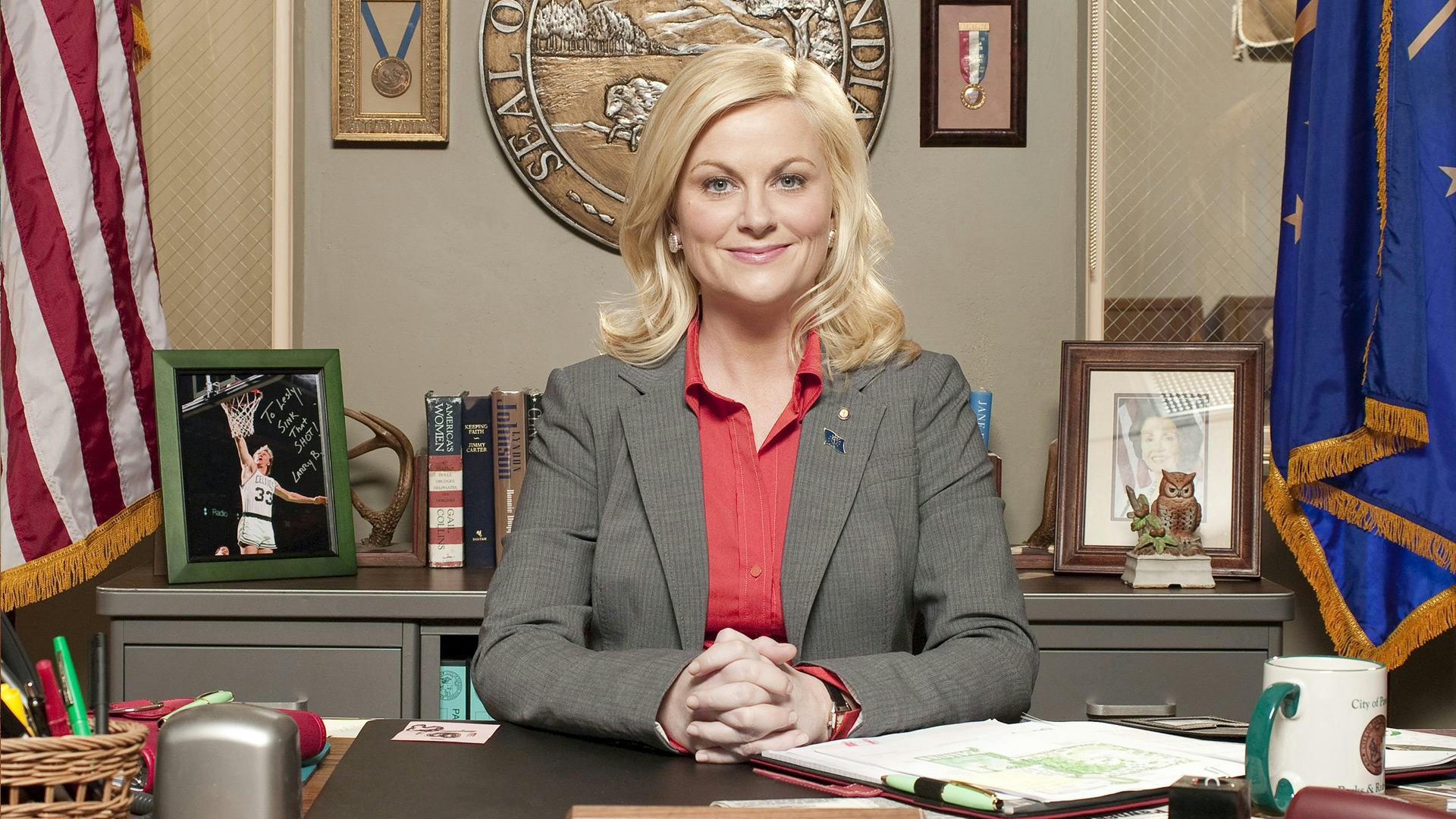
Throughout the history of television, the best shows are often the ones that resonate with audiences through different eras, cultures, and places. It’s one thing for a show to be a hit when it’s on the air. It’s quite another for a show to still have appeal many years later.
Within that rare collection of TV shows with that special level of appeal, “Parks and Recreation” is in a class of its own. It started as a generic rip-off of “The Office.” It eventually developed into one of the most beloved and endearing TV shows of the past several decades.
Personally, it’s one of my all-time favorite shows. The recent reunion special only reminded me how much I loved it. I’ve gone out of my way to praise it in the past, from highlighting the respectable ideals of Ron Swanson to celebrating the joyous spirit of Leslie Knope. There are many more lovable characters on this show that are worth highlighting. I could write entire articles on the secret appeal of Jerry Gergich.
For now, I want to highlight another element of “Parks and Recreation” that I believe has become much more relevant lately. At the rate we’re going, we’ll come to see certain themes in “Parks and Recreation” as prophetic warnings, of sorts. It might not be as prophetic as “The Simpsons,” but it’s still critical, given the current state of affairs.
To understand the importance of those themes, take a moment to think about politicians. I’ll give everyone’s inner Ron Swanson a moment to endure the nausea. What ideas and images come to mind when you think of politicians? What’s the most common perception that most people would agree with? If you walked up to a random person, they’ll probably describe politicians as follows.
They’re all corrupt.
They’re all crooks.
They’re all power-hungry.
They’re all evil.
They’re all arrogant.
They’re all narcissistic.
They’re all greedy.
They’re out to steal our money/land/guns/rights/whatever someone happens to value.
It’s easy to have negative perceptions about politicians. To their credit, they do plenty to affirm those perceptions. You don’t have to look hard to find cases of laughably corrupt or downright evil politicians who couldn’t care less about their constituents. It’s enough to make understand where Ron Swanson is coming from when he brilliantly chastises government.
That said, there’s another side of the story that rarely gets explored. A big part of the comedy in “Parks and Recreation” stems directly from how it explores the challenges that governments face. It doesn’t avoid cases in which government officials behave in deplorable ways. It also doesn’t avoid the role the voting citizens play in enabling those same officials.
It’s the lesser known, but equally distressing aspect of government corruption. It’s not always the case that they just muscle their way into positions of power. In fact, it’s not that uncommon for these deplorable human beings to be legally elected to office. Some don’t even need to rig the vote. They’re able to win within the existing democratic institutions.
That’s the case for multiple politicians in the world of “Parks and Recreation.” Some characters are so laughably scandalous that it’s easy to forget that some of them were inspired by real-world events. However, this only compounds the underlying issues that the show explores, both directly and indirectly. At the heart of those issues is a simple question about the nature of government corruption.
Is it us, the people, or the politicians who foster corruption?
It’s not a strict either/or question with a clear answer, but it’s one that “Parks and Recreation” does more than most shows to explore. Take, for instance, the chaotic town hall meetings that the department holds in multiple episodes. Just look at how the citizens of Pawnee conduct themselves.
Some of these people are just obnoxious. Others are downright malicious. However, every one of them still votes. They’re the ones who ultimately decides who gets elected and who wields the power in their city. As a result, the many absurdities surrounding the fictional city of Pawnee tend to reflect that sentiment.
Throughout the show, the citizens of Pawnee aren’t depicted as exceptionally informed. They often make unreasonable, absurd demands. They’re quick to react and cast blame on others. They hold government officials to impossible standards. Even genuine, sincere public servants like Leslie Knope get attacked for not delivering, even when their requests are unreasonable and/or misguided.
On top of that, many of these same people are easily swayed by corrupting influences. In Season 5, Episode 2, “Soda Tax,” Leslie works with her good friend and competent nurse, Ann Perkins, to implement a soda tax that would curb the sale of exceedingly unhealthy soda consumption. It’s based on a real-world proposal. It addresses a real-world health issue. It’s the kind of thing you’d want a caring government to address.
Even so, the Pawnee Restaurant Association restaurant lobby rallies the people against it. Even though it passes, it ultimately plays a part in Leslie being voted out of office in a recall election during Season 6. That means her reward for trying to do public good is to lose her job while those mired in multiple sex scandals continue to hold power.
Take a moment to think about the bigger picture. In every season in “Parks and Recreation,” Leslie Knope conducts herself as an ideal politician who simply wants to do good for her community. She has to fight, tooth and nail, just to get elected in Season 4. Even when she does good by her citizens, they still vote her out.
Leslie dares to tell the truth and be honest with the people. Others, like Jeremy Jamm and Bill Dexhart, simply tell people what they want to hear and/or hire the right people to manipulate the public. They don’t force the public to vote a certain way. They don’t even rig the votes because, in the end, they don’t have to. The people are swayed by the necessary forces and vote accordingly.
Now, you can make the claim that the people of Pawnee are more gullible than most and, as the show often depicts, it would be a valid observation. They still have the power of the vote. They’re still the ones who ultimately make the choice to elect or depose public officials like Leslie Knope or Jeremy Jamm.
Politicians do all sorts of shady things with their power, but that power is still contingent on the will of the people, to some extent. Are the people not somewhat responsible for enabling the corruption that they so deplore? The plot and themes of “Parks and Recreation” don’t attempt to provide a definitive answer, but the show makes a relevant observation that has become even more relevant in recent years.
There are multiple real-world cases of people voting against their own interests for reasons that often confound outside observers. Even an alleged child predator managed to get 48.4 percent of the vote in his state in running for the United States Senate. Even though he lost, the margin for his loss was so narrow that it’s disturbing to think that people are willing to put a man like that in a position of power.
That’s not to say that the people who voted for such a deplorable human being are bad people. Chances are they either didn’t believe in the allegations levied against him or simply voted for him out of loyalty to a political party. Given the limitations of the democratic system, sometimes people are simply left with two bad choices and have to pick the one that’s least awful to them.
Limitations aside, the fact remains that very few of these corrupt politicians would be in positions of power if people just didn’t vote for them. Even if they had power, they wouldn’t have much influence if those same people didn’t support them, even if they aren’t overly corrupt. It’s why politicians often pander to their base supporters so much. They need that support, even if they’re corrupt.
Since “Parks and Recreation” went off the air, people have only become more politically divided. The rhetoric on both sides of the political spectrum has gotten increasingly extreme and the COVID-19 pandemic only made it worse. Both politicians and the voters are guilty of conducting themselves as arrogant assholes. Thanks to the internet and social media, this conduct is being captured for everyone to see.
There’s a lot of ugliness to go around in politics. Part of what made “Parks and Recreation” so endearing was how it forged humor in that environment. In doing so, it also shed some light on the absurdities surrounding politics, democracy, and society in general. It didn’t hide from the flaws. The show even magnified them in many cases.
As real-world politics gets uglier and meaner, the insights within the characters and plots of “Parks and Recreation” may prove more impactful in the long run. The show will always be funny, if only for the moments involving Ron Swanson and Jean-Realphio. It’ll give us a chance to laugh at how corrupt elected officials can be, but it won’t hide the fact that we still voted for them.














